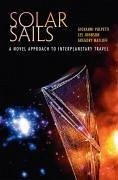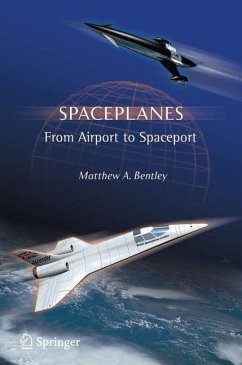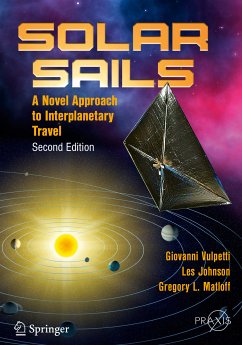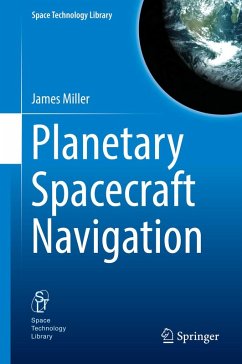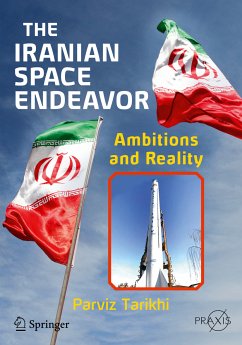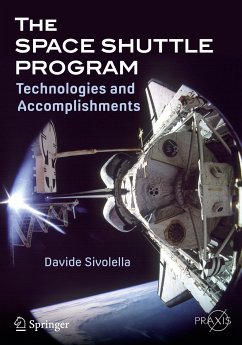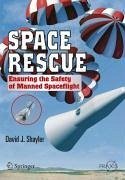
It's ONLY Rocket Science (eBook, PDF)
An Introduction in Plain English
Versandkostenfrei!
Sofort per Download lieferbar
36,95 €
inkl. MwSt.
Weitere Ausgaben:

PAYBACK Punkte
18 °P sammeln!
"Space tourism" is fast becoming a reality. Ordinary people around the world are starting to wonder if they could really go to space and what it would be like - among them, many amateur astronomers. Here, the author explains the basics of what is involved in getting into space, from building the rocket and choosing where to go, to planning the mission and getting home again. The beauty of this text, written by an engineer who is also an accomplished science writer, is that it covers the subject comprehensively, and yet is almost entirely descriptive and non-mathematical. It deals with all aspe...
"Space tourism" is fast becoming a reality. Ordinary people around the world are starting to wonder if they could really go to space and what it would be like - among them, many amateur astronomers. Here, the author explains the basics of what is involved in getting into space, from building the rocket and choosing where to go, to planning the mission and getting home again. The beauty of this text, written by an engineer who is also an accomplished science writer, is that it covers the subject comprehensively, and yet is almost entirely descriptive and non-mathematical. It deals with all aspects of space flight, from how to leave the Earth (including the design of the rocket, mission planning, navigation and communication), to life in space and the effects of weightlessness. The book also includes sections describing how an amateur can track satellites and understand their orbital parameters, and on the future of space flight, touching on what is and what is not possible given the present and predicted propulsion technologies.
Dieser Download kann aus rechtlichen Gründen nur mit Rechnungsadresse in A, B, BG, CY, CZ, D, DK, EW, E, FIN, F, GR, HR, H, IRL, I, LT, L, LR, M, NL, PL, P, R, S, SLO, SK ausgeliefert werden.





